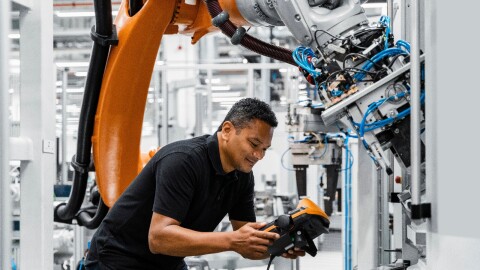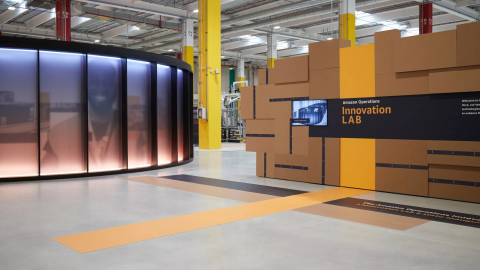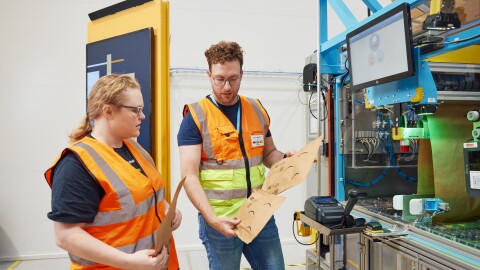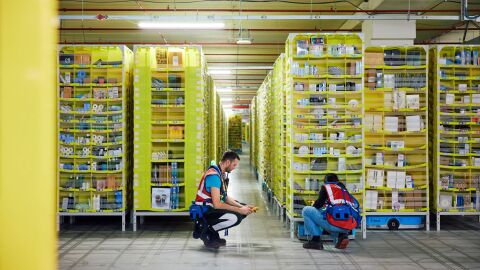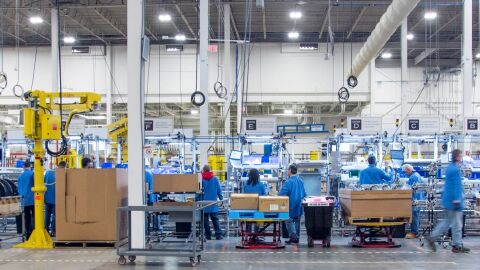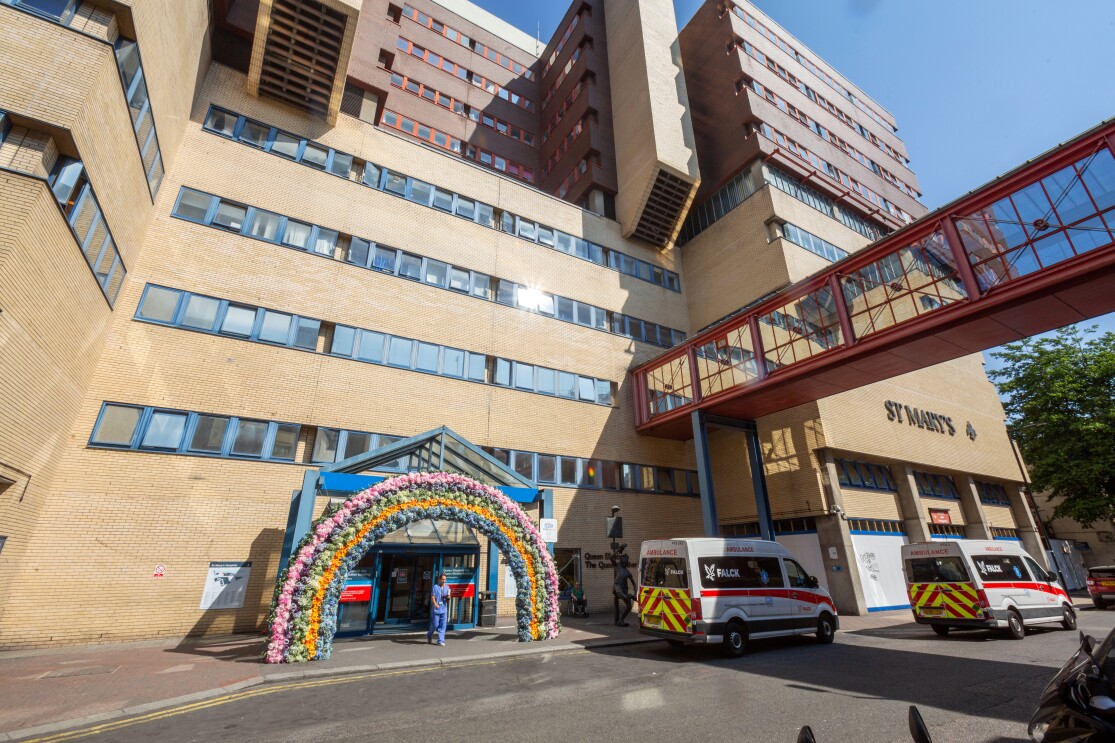
The COVID-19 outbreak has been accompanied by an ‘infodemic’, described by the World Health Organisation as, “an overabundance of information – some accurate and some not – that makes it hard for people to find trustworthy sources and reliable guidance when they need it”.
This means frontline healthcare workers are facing the impossible task of cutting through a ‘global tidal wave’ of information that might contain clues for the best possible treatments for COVID-19 patients – a disease that has never been seen before, with no established form of treatment.
A new project, led by Imperial College London and enabled by Amazon Web Services (AWS), is responding to the ‘infodemic’ with the creation of a global knowledge platform.
Combining artificial intelligence with human expertise, the platform enables the healthcare community to quickly make sense of this tidal wave and find better treatments for COVID-19 and other diseases.
The platform also aims to save clinicians tens of thousands of hours previously required for manual research and analysis – time that can be spent instead on patient care, planning and other areas of research.
Called REDASA (REaltime Data Analysis and Synthesis), the platform is being developed by PanSurg, a COVID-19 surgical network made up of Imperial College London’s healthcare professionals and academics.
Using a combination of AWS machine learning and human review, REDASA is able to analyse vast amounts of COVID-19 information in real-time and quickly extract the most important insights, saving tens of thousands of hours previously required for manual research. Over half a million sources are being analysed, including medical journals, healthcare literature and news sources, enabling clinicians and policymakers to find the best available evidence for better patient treatments at a speed not possible with conventional approaches.
REDASA was built using AWS technologies together with two AWS Partner Network (APN) partners, Cloudwick and MirrorWeb. The platform applies MirrorWeb’s website capture technology to collect large volumes of data at speed; the information is then stored and processed on Cloudwick’s data and analytics platform, Amorphic Data Platform.
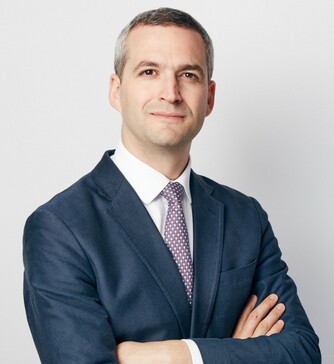
James Kinross, Consultant Surgeon and Clinical Senior Lecturer in Colorectal Surgery for Imperial College London, has played a key role in the leadership of PanSurg and the development of REDASA.
“The current pandemic has given rise to a huge amount of material on COVID-19 scattered across a vast range of sources,” James explains. “But there was limited guidance and consensus on how best to deliver care for coronavirus patients. REDASA can address these issues.”
Tackling the ‘infodemic’
“Although the public might think about an ‘infodemic’ in terms of unverified information in the news, for clinicians like myself the challenge is slightly different,” James explains. “We were facing information overload – a tidal wave of research and opinion from around the world.”
For context, during the period December to May this year, more than 300,000 articles were published on the topic of COVID-19 treatment – excluding ‘grey’ literature like internet comments.
PanSurg, based at Imperial College London’s Department of Surgery and Cancer and Institute of Global Health Innovation, was established in response to this challenge. James outlined the group’s three core aims to educate, measure and innovate. “Firstly, we needed to educate people about this new disease, with new challenges and no roadmap. Secondly, we needed to cut through the noise by measuring what was happening across the board. Finally, we needed to innovate, because major catastrophes always demand new ways of thinking.”
The concept of a ‘living’ systematic tool to review and analyse online information would require huge computational power – and technical expertise.
“Over a series of calls with AWS, back in the white heat of early March when the scale of the pandemic was becoming clear, we started to knock down challenges one by one. AWS drew in partners like MirrorWeb and Cloudwick to work with us, and they gave us a project lead whose consultancy went on to transform this project.”
As the project develops, the team is using iterative and agile methods to maximise their time, while also building an entirely new data lake, hosted in the cloud.
James explains how human curation plays a key role in the system, alongside automated functions. “When you’re building an AI data model, you want the most robust and precisely curated data that is available. Dedicated experts with medical training are still an important way to curate what we call ‘ground truths’ – the important conclusions that we can draw from this data and share with colleagues.”
“We now have a small army of clinicians and scientists working to apply their knowledge as data curators.”
Cutting days down to minutes
REDASA will allow James and the PanSurg team to crawl and analyse this data in a snapshot, reducing a job that might have taken days down to minutes.
If you want to manually analyse half a million documents, at thirty minutes each you’re talking about 250,000 working hours. That’s before you’ve even curated the results.
“REDASA will allow clinicians at all levels to achieve this in a few minutes. Using AWS architecture also means that we can build the technology and methodology four or five times quicker than it might otherwise have taken.”
James highlighted the recent breakthrough on dexamethasone: “If we had this technology a few months ago, we could have asked REDASA questions about that drug and worked out its likelihood of effectiveness. Or we could have asked it for data on smaller trials using the drug carried out around the world. So in theory we could have informed that trial and got to the answer at greater speed – that’s an example of the potential for this technology moving forwards.”
Planning beyond the crisis

Having built a minimum viable product in just three months, REDASA is set to launch in the coming months, when it will benefit the healthcare sector by providing an infrastructure to pull large volumes of information into a data lake. This will become an important legacy project with applications beyond COVID-19.
The next steps will be to curate the data more precisely by building new machine learning processes into the system, with the end goal of creating a fully autonomous system.
PanSurg’s aim is to apply the REDASA platform to other areas, for example cancer treatments: “This technology is clearly transformative – the scale of ambition and focus is huge.”
As a clinician, James is committed to shaping the future of advanced AI tooling in healthcare: “I want to make sure our doctors of the future speak this language and are proactive in developing new applications that could change the way we think about medicine.”
“We are still counting the human cost of this crisis,” James adds, “but as clinicians we can see how the first truly global catastrophe in our modern world is accelerating advances in medicine and technology that could benefit people for many generations to come.”
We’re never going back to a pre-digital healthcare. Life has fundamentally changed in terms of how we communicate with patients, how we empower them with information to make better decisions, and how we use digital transformation to achieve that.
However, their immediate priorities haven’t changed: to tackle the “still evolving” challenges of the COVID-19 crisis, to clear the backlog of rescheduled treatments, and to get the NHS back to its usual capacity.
“The public want information that is trustworthy and informative. People losing trust in clinical expertise, for whatever reason, could be destructive, and this is a particular risk when treating a new disease like COVID-19.”
“These tools will allow us to address big problems by providing trusted, authoritative information to clinicians - at scale and at speed.”
Find out more about how AWS is supporting the global response to COVID-19.







